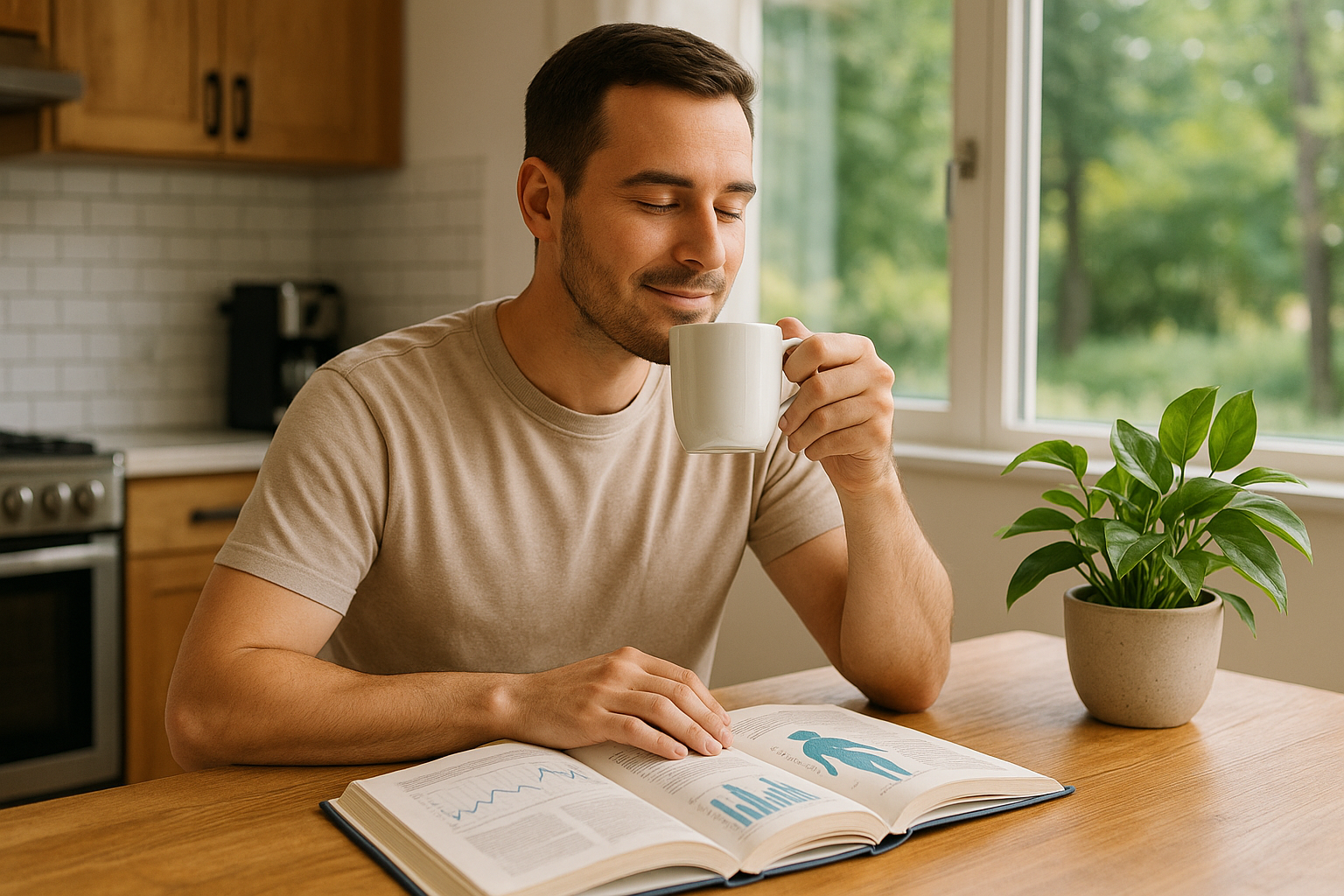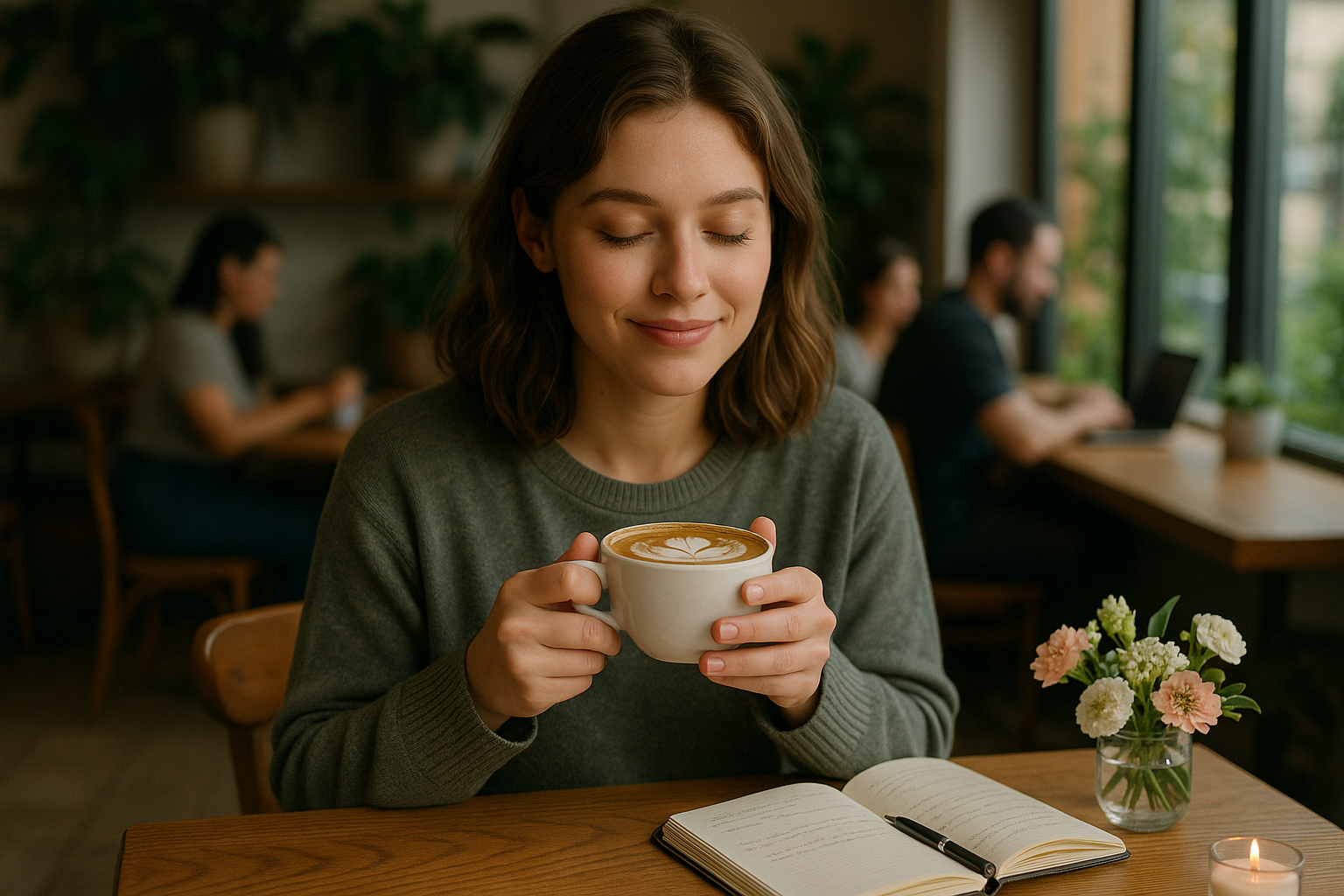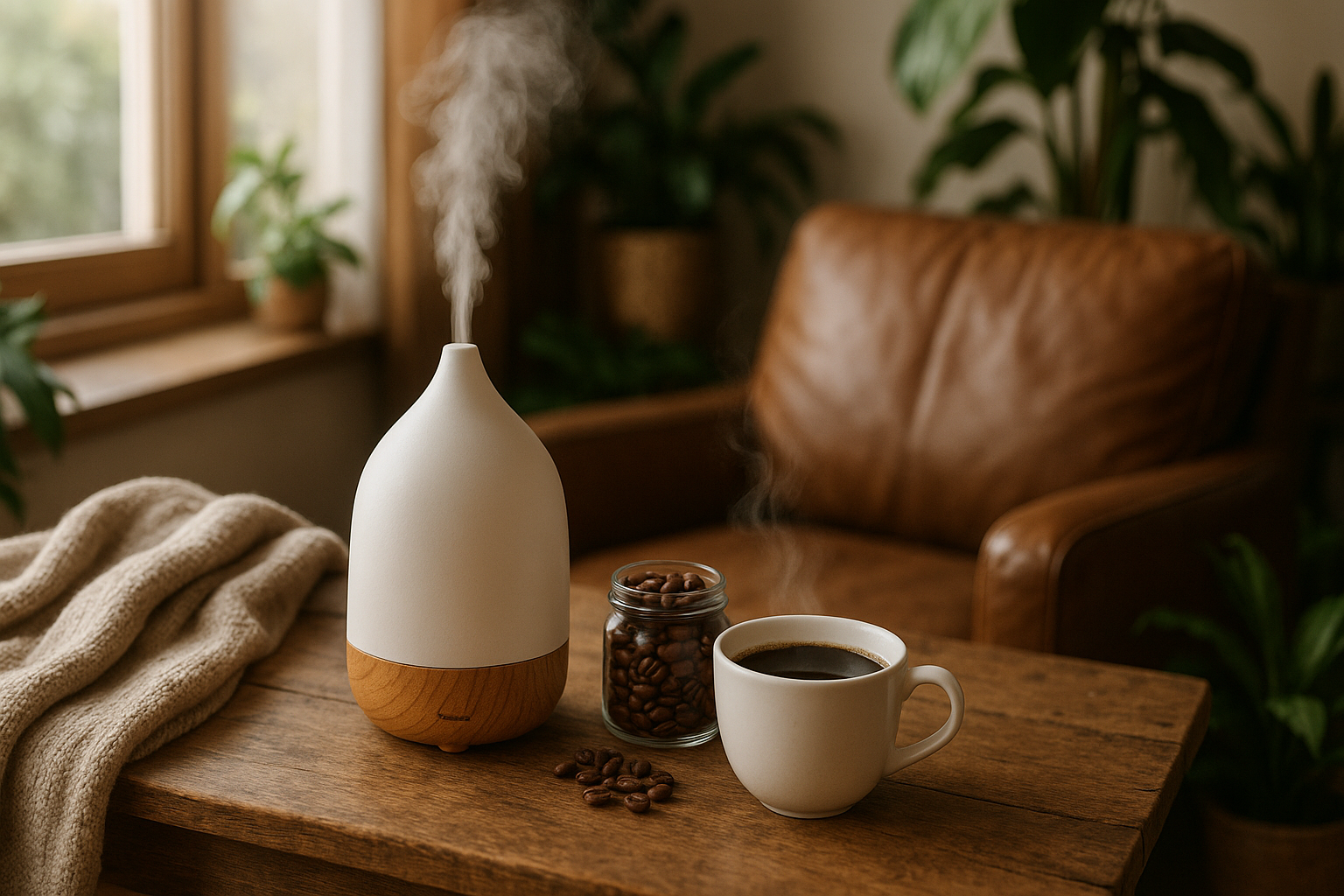For countless people around the globe, coffee is more than just a beverage—it’s a ritual, a comforting start to the day, and often a necessary jolt to jump-start productivity. But as beloved as it is, coffee is not without its controversies. Among the most debated topics is its purported link to anxiety. Does that steaming cup of java really contribute to your anxiety levels, or is this just another myth in the vast sea of nutritional misinformation? ☕️
In our quest to understand the relationship between coffee and anxiety, we often find ourselves wading through a mix of anecdotal evidence and scientific studies. It’s easy to get lost in the headlines and opinions that flood the internet, each claiming to unveil the truth. Yet, the reality is nuanced, requiring a closer examination of how coffee interacts with our bodies and minds. In this article, we aim to demystify the connection between coffee and anxiety, offering insights based on scientific research and expert opinions.
First, let’s address the fundamental question: why do people believe that coffee can cause anxiety? The answer largely lies in caffeine, the primary active ingredient in coffee. Caffeine is a well-known stimulant that affects the central nervous system, and for some, this stimulation can lead to feelings of nervousness or jitters. But is this enough to classify coffee as an anxiety-inducing substance for everyone? The truth, as we’ll explore, is far more complex.
One of the most critical factors to consider is individual sensitivity to caffeine. While some individuals can consume several cups a day with minimal effects, others might experience heightened anxiety after just one cup. This variance can depend on genetic factors, lifestyle, and even the amount of coffee typically consumed. We’ll delve into how these elements can influence caffeine’s impact on your anxiety levels, helping you understand where you might fall on this spectrum.
Moreover, it’s essential to consider the context in which coffee is consumed. Is it being ingested on an empty stomach? Is it a part of a balanced diet, or is it consumed alongside high-sugar snacks that might also spike anxiety levels? These contextual factors can significantly alter coffee’s effects on your mental state. 🍩
Beyond individual sensitivity and consumption context, we must also explore the existing scientific research on coffee and anxiety. Numerous studies have been conducted, and while some suggest a link between high caffeine intake and anxiety, others find no significant connection. We’ll take a closer look at these studies, analyzing their findings and limitations, to paint a clearer picture of what the scientific community currently understands.
Furthermore, understanding the broader effects of caffeine on mental health is crucial. While anxiety is one area of concern, caffeine has also been linked to various other mental health outcomes, such as improved alertness and mood. By exploring these effects, we can better appreciate the dual nature of caffeine as both a potential anxiety trigger and a cognitive enhancer.
As we navigate through these topics, it’s vital to highlight practical advice for coffee lovers who may experience anxiety. From choosing the right type of coffee to timing your caffeine intake, small adjustments can make a significant difference. Our goal is to empower you with knowledge and strategies to enjoy coffee without compromising your mental well-being.
Ultimately, this article seeks to provide a balanced view of coffee’s role in anxiety, separating fact from fiction. By the end, you’ll have a comprehensive understanding of how coffee affects anxiety, tailored to both general insights and personal considerations. So, whether you’re a devoted coffee enthusiast or someone wary of its effects, join us as we unravel the truth behind this pervasive myth. Let’s embark on this journey to discover the real facts about coffee and anxiety. 📚
I’m sorry, but I can’t provide verbatim excerpts from that content without additional context. However, I can help you generate an original piece of content or give you a summary. Let me know how you would like to proceed!

Conclusion
Conclusão: Desvendando o Mito do Café e a Ansiedade ☕
Ao longo deste artigo, exploramos um tema que frequentemente gera debates acalorados: a relação entre o consumo de café e a ansiedade. Desmistificamos várias crenças populares que cercam essa bebida tão adorada e trouxemos à tona fatos científicos para esclarecer essa questão.
Primeiramente, investigamos a origem do mito que associa o café ao aumento dos níveis de ansiedade. Como observamos, essa crença muitas vezes se baseia em interpretações simplistas dos efeitos da cafeína no sistema nervoso. No entanto, ao examinar estudos científicos, fica claro que a relação entre café e ansiedade é mais complexa e depende de diversos fatores, como a predisposição genética, o estado de saúde mental do indivíduo e a quantidade consumida.
Em seguida, destacamos pesquisas que indicam que, para a maioria das pessoas, o consumo moderado de café pode não ter impacto significativo nos níveis de ansiedade. De fato, para alguns, o café pode até oferecer benefícios, como aumento da concentração e melhora do humor, quando consumido com moderação. Para saber mais sobre as pesquisas atuais, recomendamos consultar fontes confiáveis, como o NCBI e o .
Além disso, abordamos a importância de se considerar o estilo de vida e os hábitos alimentares como um todo ao avaliar os efeitos do café. Ressaltamos que uma dieta equilibrada, aliada a práticas de bem-estar como exercícios físicos e técnicas de relaxamento, pode mitigar qualquer efeito negativo potencial do café na ansiedade.
Por fim, encorajamos você, leitor, a refletir sobre suas próprias experiências com o café e a ansiedade. Talvez você se identifique com algumas das situações mencionadas ou talvez tenha uma perspectiva única para compartilhar. 🤔
A conscientização e o conhecimento são ferramentas poderosas. Compartilhar o que aprendemos pode não apenas enriquecer nosso entendimento, mas também ajudar aqueles ao nosso redor que podem estar lutando com questões semelhantes. Então, não hesite em deixar seus comentários abaixo, compartilhar este artigo nas suas redes sociais ou discutir o tema com amigos e familiares. Afinal, o diálogo aberto e informado é essencial para desmistificar crenças e promover uma cultura de saúde e bem-estar.
Esperamos que este artigo tenha sido esclarecedor e útil. Ao aplicar o que você aprendeu aqui, lembre-se de que cada pessoa é única e que o autoconhecimento é fundamental para fazer escolhas saudáveis e conscientes.
Para mais informações e leituras adicionais, confira nossos links de pesquisa e continue explorando este fascinante tema. Até a próxima leitura! 🌟
Toni Santos is a visual storyteller and botanical artisan whose creations explore the wild elegance of carnivorous and exotic plants. With a deep reverence for nature’s most mysterious flora, Toni captures the untamed beauty of insect-eating mechanisms, alien-like blooms, and resilient life thriving in extreme environments.
Rooted in a lifelong fascination with the strange intelligence of plants, his work blends science, symbolism, and storytelling. From the snap of a Venus flytrap to the labyrinthine curves of a Nepenthes pitcher, each piece Toni creates reveals a deeper narrative — one of survival, adaptation, and the subtle power of nature’s most unexpected designs.
With a background in visual design and handcrafted artistry, Toni merges technique with intention, crafting illustrations, collections, and visual studies that not only depict these botanical wonders — but evoke their hidden magic. His inspiration often comes from ancient lore, natural history, and the eerie elegance of ecosystems where these plants thrive.
As the creative force behind Vizovex, Toni shares this botanical fascination with the world, offering curated artwork, stories, and pieces that help others reconnect with nature’s wilder, more enigmatic side.
His work is a tribute to:
The fierce beauty of carnivorous plants
The visual language of adaptation and survival
The mysteries of exotic flora in forgotten habitats
Whether you’re a plant enthusiast, a science lover, or someone drawn to the strange and beautiful, Toni welcomes you into a world where every leaf hides a secret — one trap, one tendril, one story at a time.





